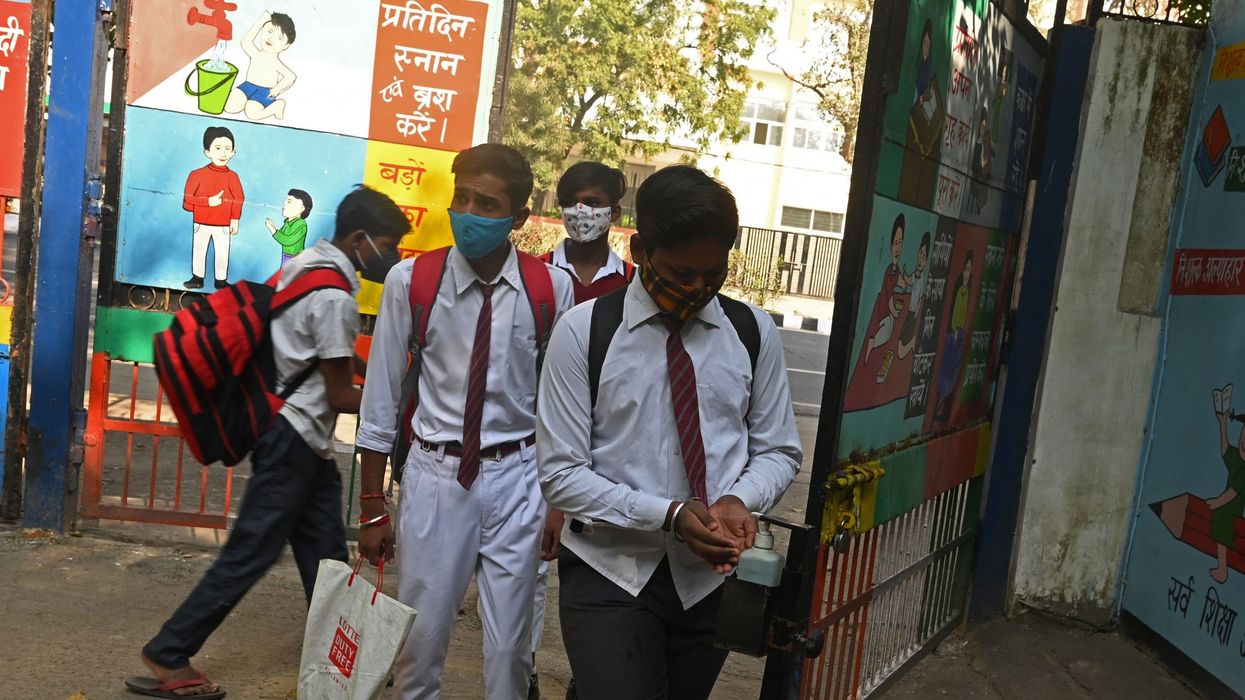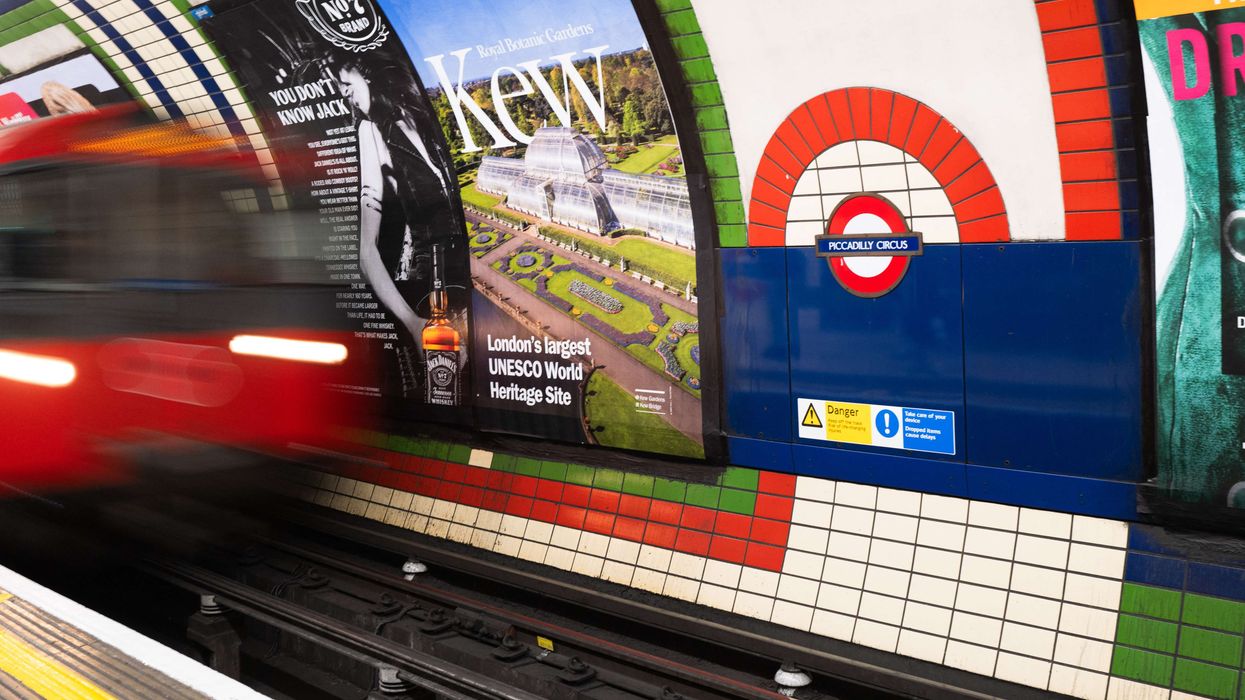India's polluted capital again ordered schools closed on Thursday over dangerous smog levels, as the country's top court demanded officials take action to address the toxic haze.
New Delhi, one of the world's most polluted cities and home to about 20 million people, is cloaked in a thick blanket of smog every winter.
The city government shuttered schools in November but allowed classes to resume on Monday after claiming air quality had improved.
They reversed course on Thursday after a Supreme Court hearing gave authorities 24 hours to reduce smog levels.
"Small children have to go (to class) in morning fog. There's no respect," Chief Justice N.V. Ramana said during proceedings.
The Supreme Court asked the government to curb vehicle emissions and industrial pollution, the main drivers of the city's smog problem.
Delhi's levels of PM2.5 -- the most harmful particulate matter responsible for chronic lung and heart disease -- were around 215 micrograms per cubic metre, according to monitoring company IQAir.
The figure is more than 14 times the daily maximum recommended by the World Health Organization.
Last month Delhi halted most construction work and asked civil servants to work from home as the city's air quality deteriorated.
A Lancet report last year said almost 17,500 people died in Delhi in 2019 because of air pollution.
And a report by IQAir last year found that 22 of the world's 30 most polluted cities were in India.












